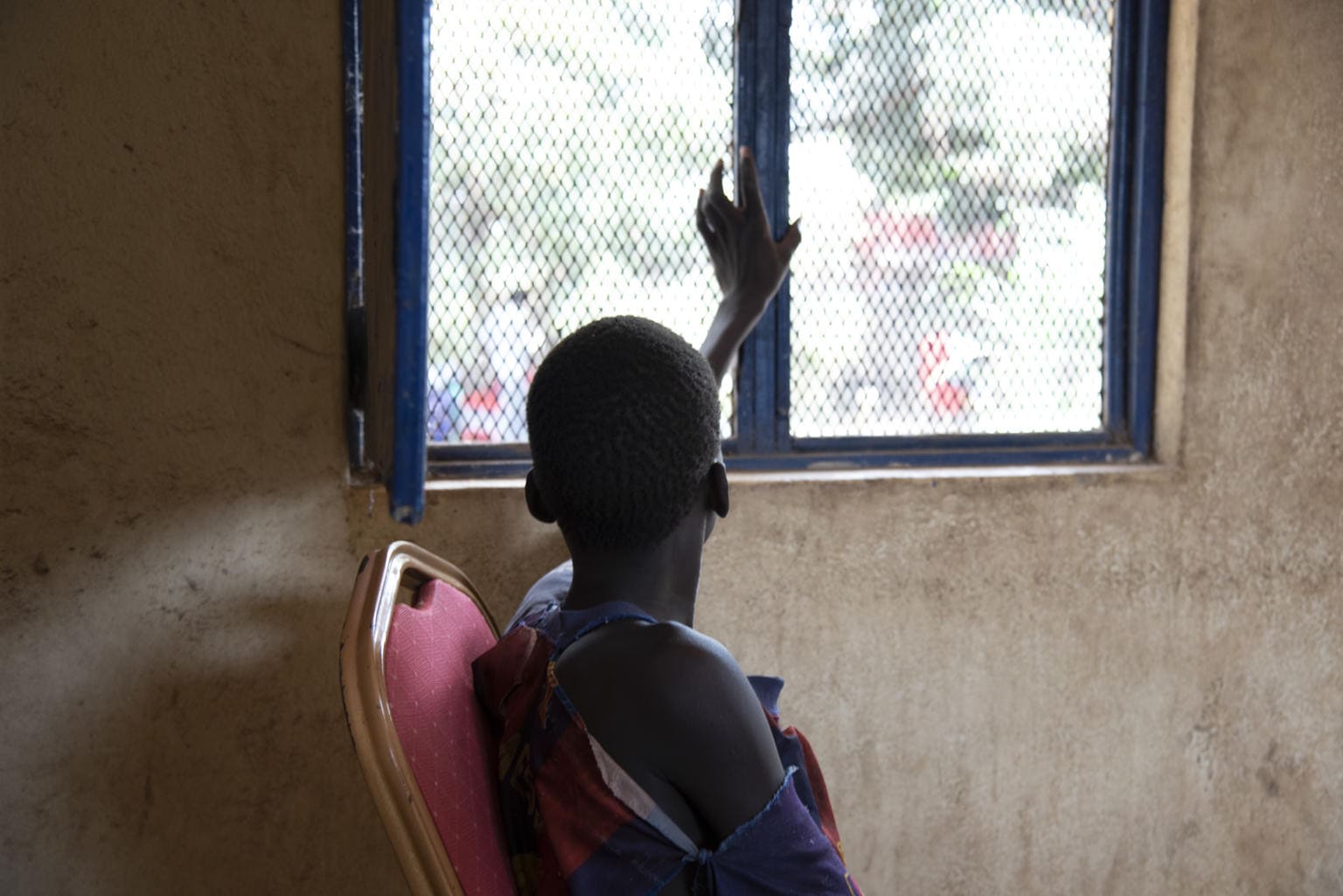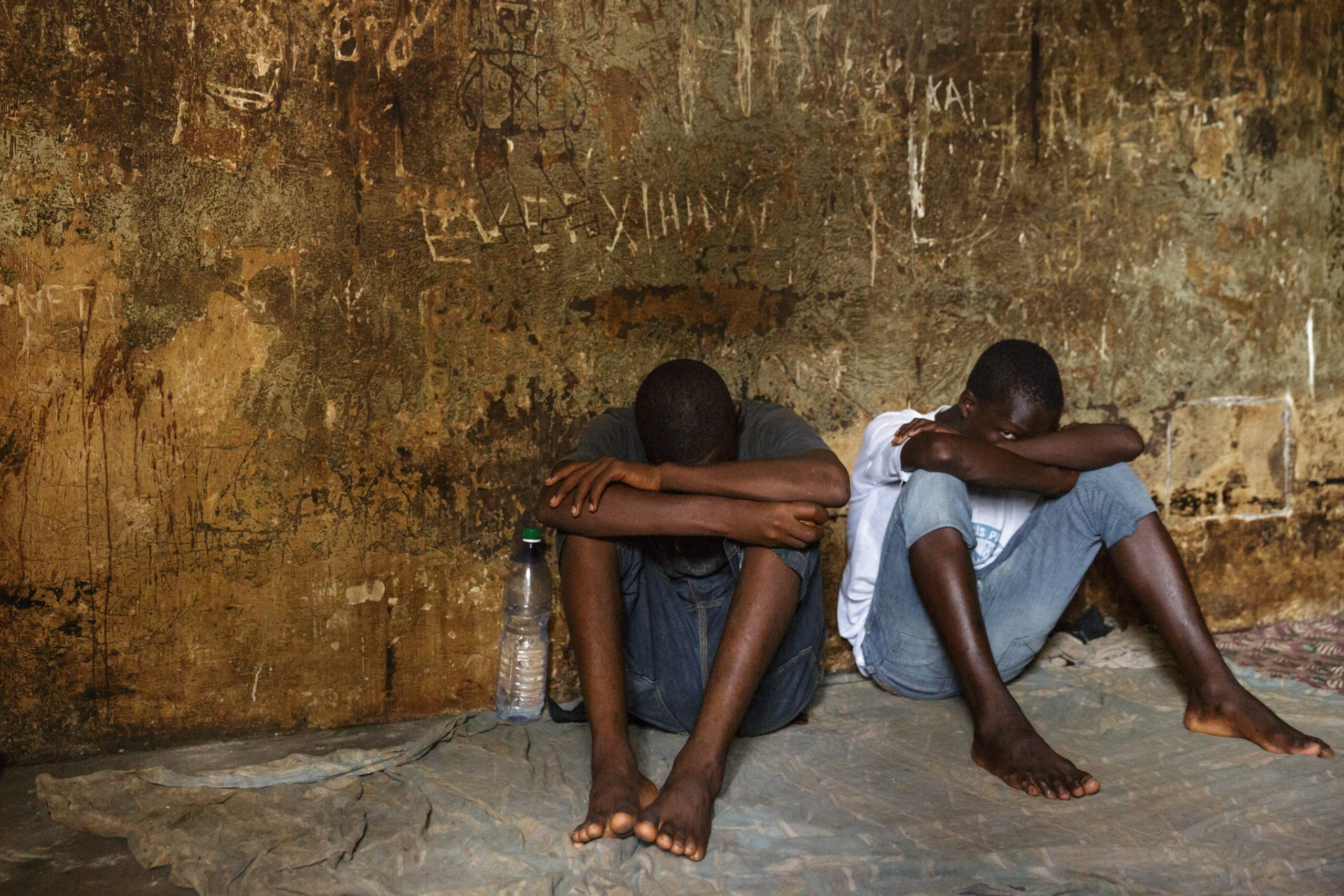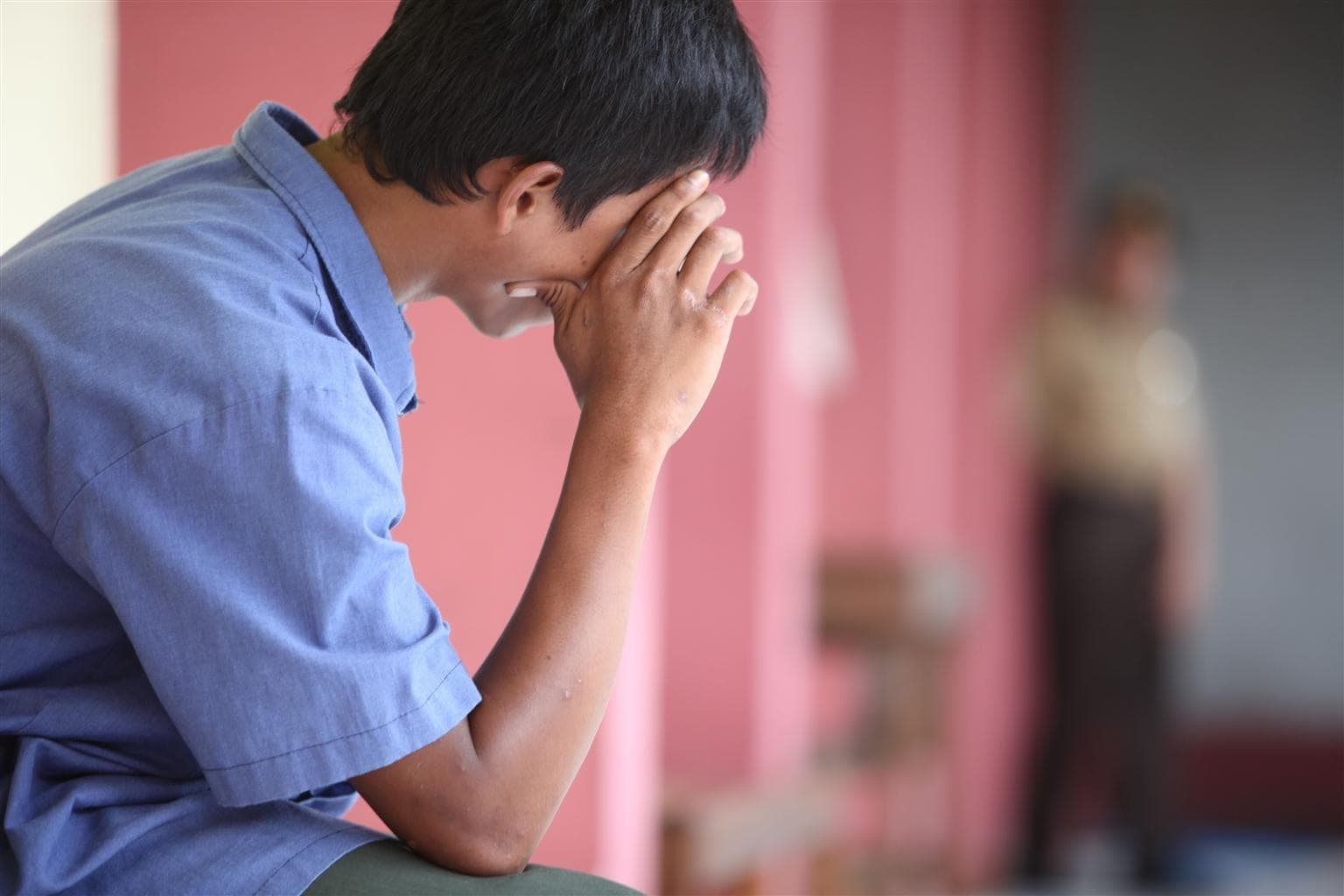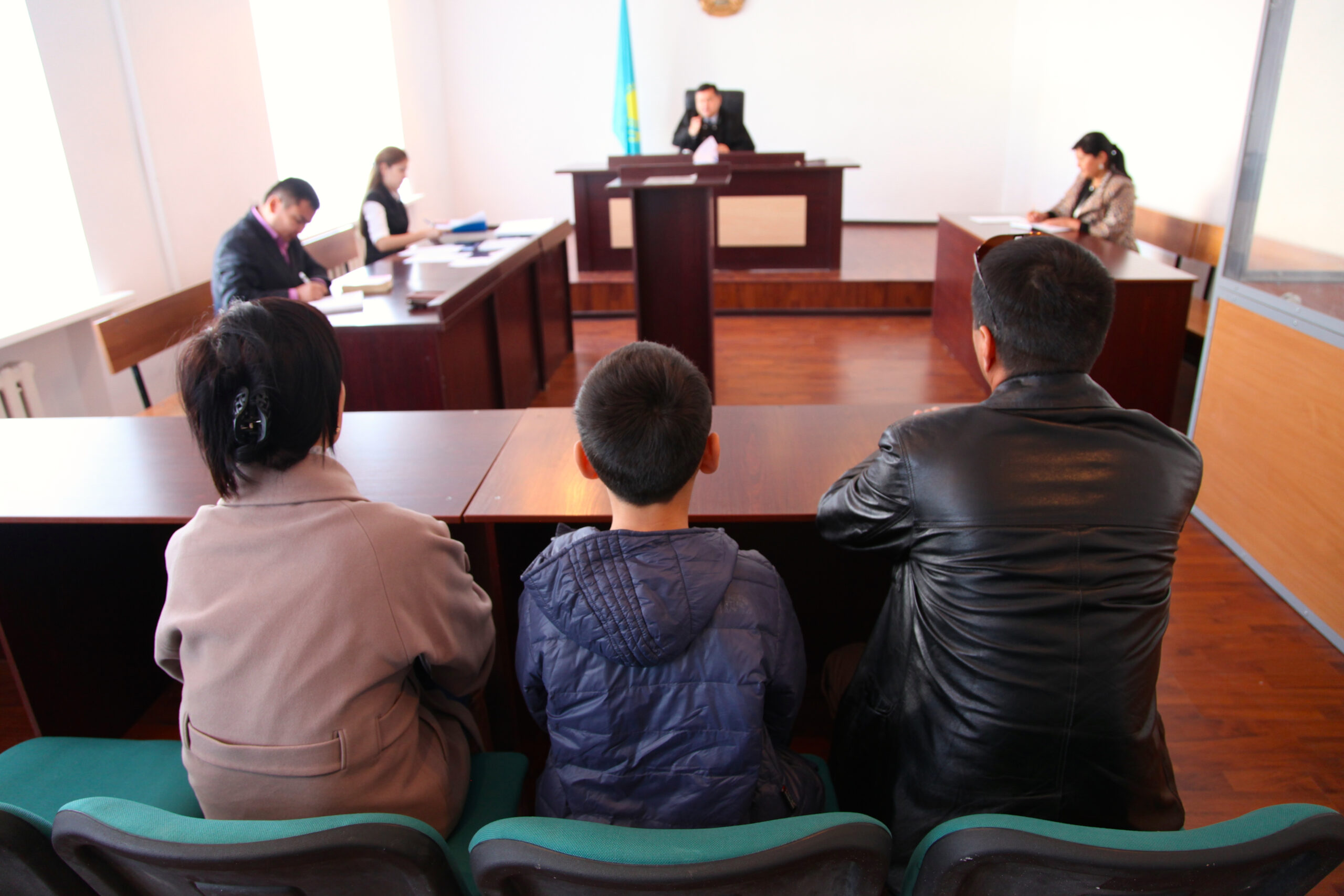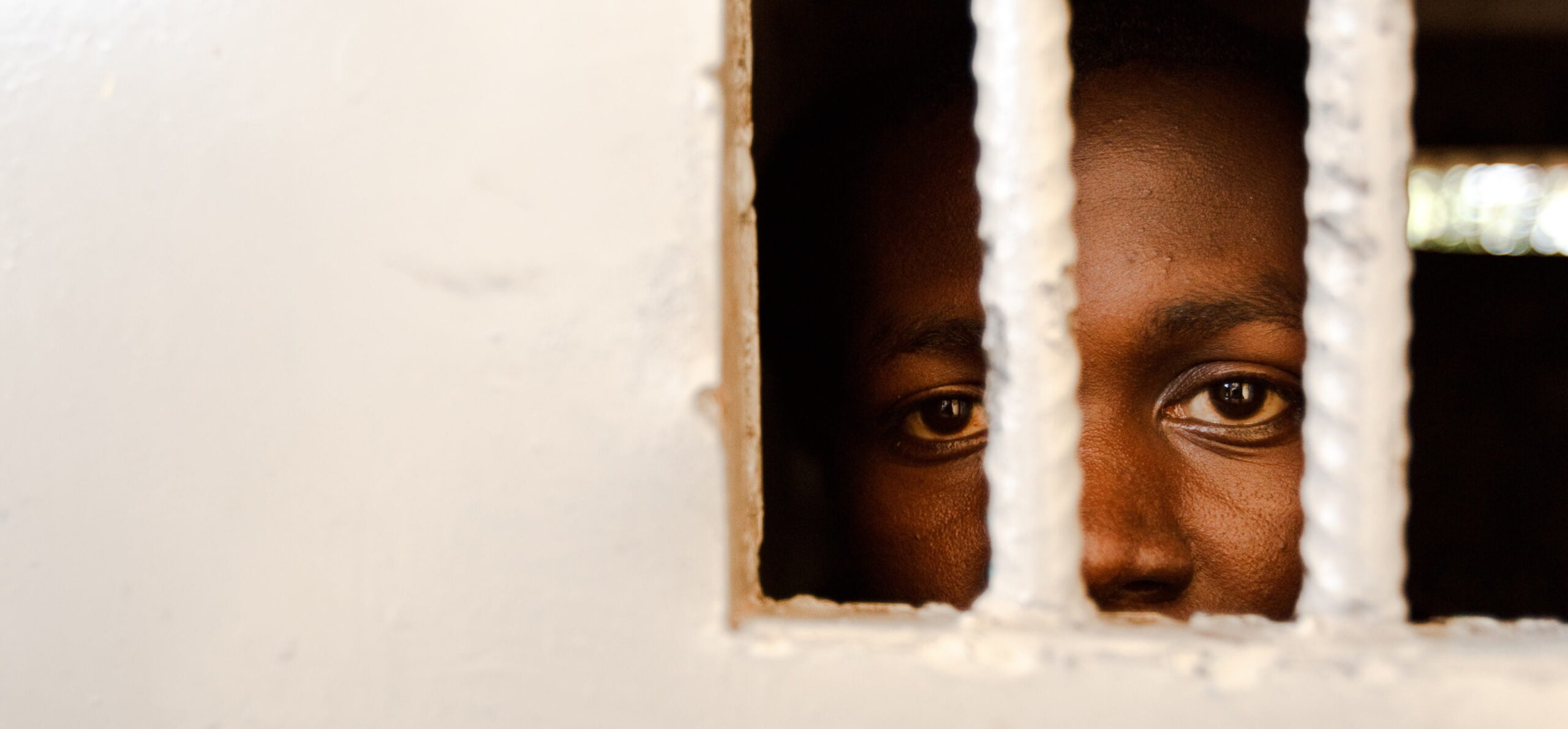Justice for children
Safeguarding children who come into contact with the law – whether as victims, offenders, witnesses or parties in court proceedings – is a vital component of a healthy, well-functioning child protection system.
Children come into contact with the justice system in a host of ways – as victims, witnesses, because they are in conflict with the law, or as parties to civil or administrative processes, such as alternative care arrangements or asylum hearings, respectively. Children’s encounters with the justice system, along with information on the surrounding circumstances, are usually recorded by the authorities and service providers that form part of the justice sector. Such information is essential to monitoring and evaluating the performance of the justice system and to understanding the profile of children who come into contact with it.
Yet these data are often overlooked, especially in low- and middle-income countries, since they may be incomplete in terms of coverage and information. Moreover, they often lack reliability due to an absence of quality controls and may not be up to date.
To begin addressing these limitations, the Data and Analytics Section at UNICEF Headquarters has conducted reviews of sources of administrative data on justice for children and developed tools to strengthen their quality, availability and use.
Resources
